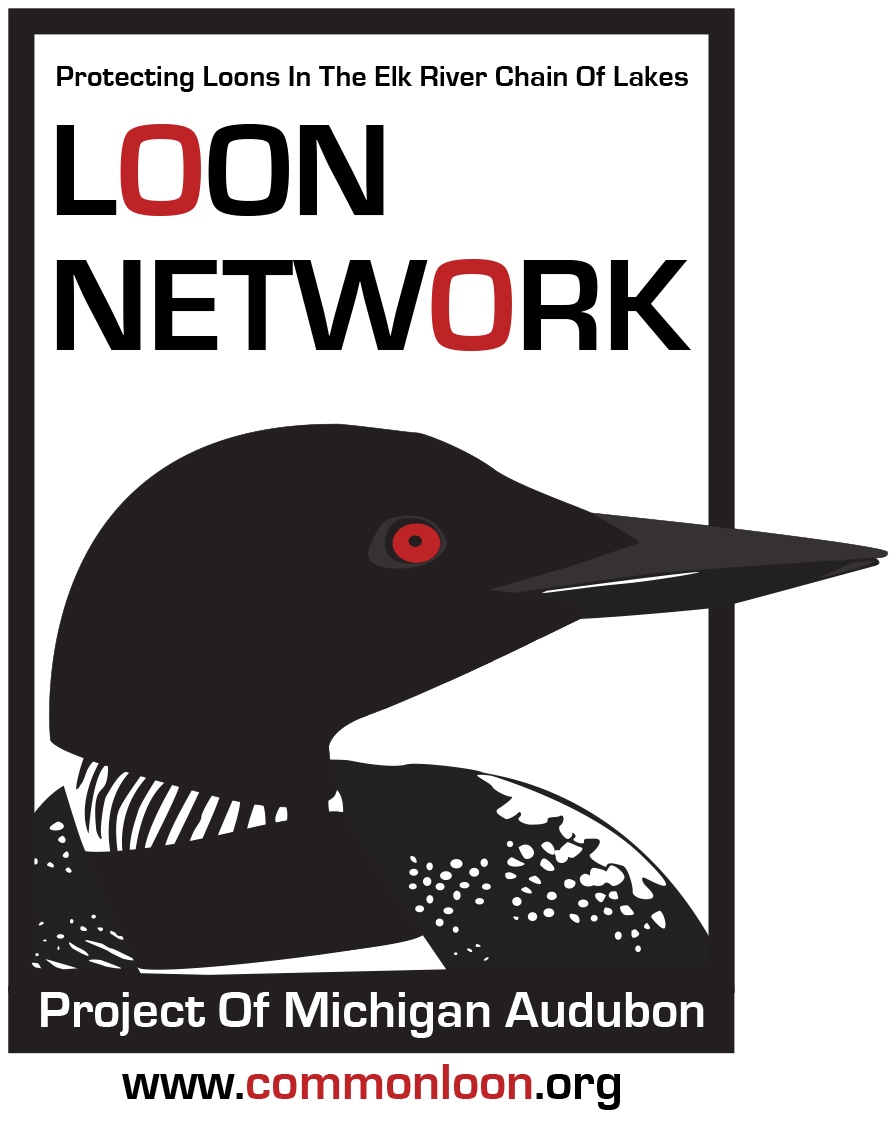Supporting Avian Research in Michigan
Michigan Audubon endeavors to understand the ever-changing patterns of bird populations throughout the Great Lakes region. Our organization participates in the scientific monitoring of bird life in Michigan through partnerships, the Michigan Bird Conservation Initiative, and by employing seasonal staff and interns. The data collected by Michigan Audubon and our partners informs important conservation decisions and launches programs aimed at helping at-risk species.
Click through the projects below to learn more about avian research in Michigan. Visit our Citizen Science page to learn more about seasonal bird counts and Michigan Audubon’s ornithological journal, Michigan Birds and Natural History.

The Michigan Bird Conservation Initiative (MiBCI) is a coalition of agencies, non-governmental organizations, academic institutions, and individuals working together to better understand and conserve Michigan’s birds. MiBCI’s primary purpose is to work together as a partnership to conserve, restore, and protect bird populations. While the individual missions and goals of members may be varied, all members recognize that they may be a powerful force for conservation if unified in working toward common objectives. Furthermore, open avenues of communication enable collaboration, a sense of community, and mutual respect in advancement of our shared vision.
The mission of the Michigan Bird Conservation Initiative is to identify conservation needs and promote active conservation, protection, and restoration of bird populations and their habitats in Michigan through ecologically and biologically based partnerships and actions conducted at multiple spatial scales.
MiBCI hosts an annual Ornithological Congress to share information on current research and ongoing conservation projects. MiBCI’s standing subcommittees work together to advance progress on projects of mutual benefit. Everyone is welcome who has an interest in conserving Michigan’s birds; joining MiBCI is as simple as signing the memorandum of agreement.
 Mission Statement
Mission Statement
The Elk River Chain of Lakes Watershed LOON NETWORK connects common loons with the community through habitat protection, monitoring and research.
Where We Work
The Elk River Chain of Lakes Watershed (ERCOL) has been home to common loons since the glaciers retreated 10,000 years ago. The ERCOL Watershed covers more than 500 square miles in northwest Michigan. Contributing 60% of the surface water draining into Grand Traverse Bay, our watershed contains some of the highest quality waters in the world. The 14 interconnected lakes flow into East Grand Traverse Bay at Elk Rapids. The watershed lies primarily within Antrim County but also includes portions of Grand Traverse, Kalkaska, and Charlevoix counties.
Our Approach
We use a watershed approach to loon conservation. Property owners, who enjoy watching loons on their lake, contact the LOON NETWORK. The Network connects them with other people nearby who also care about the loons. We work with them to develop a conservation plan for their area of the lake. Then we connect the teams from throughout the watershed, so people can share their observations and work together to solve common problems.

With cutting-edge tracking technology, Project SNOWstorm researchers can follow the movements of snowy owls in astounding detail. The project is a collaboration of scientists and technicians who are tagging Snowy Owls throughout the Northeast and Great Lakes with new GPS-GSM transmitters made by Cellular Tracking Technologies of Somerset, Pennsylvia.
As of February 12, 2015, 3 transmitters have been deployed in Michigan. You can track the movements of “Alma,” “Chippewa,” and “Prairie Ronde” via the the Project SNOWstorm website.

The Rouge River Bird Observatory was established in 1992 to explore an understudied yet increasingly critical area of research: the importance of urban natural areas to birds. In our rapidly urbanizing world, habitat fragments in metropolitan areas become more critical to birds. Understanding how birds use them is essential for conservation. We are the longest-running, full-time urban bird research station in North America.
Michigan Audubon supports the primary focus of RRBO, which is to better understand the importance of urban areas as migratory stopover sites for birds. For many bird species, migrations are crucial times in the annual cycle, and events during these periods can have great influence on their populations. Birds traveling thousands of miles on their way to or from breeding and wintering sites need safe places to stop and refuel. Increasingly, they encounter urban areas. Yet little long-term research has been done to determine how birds use urban habitats during migration, whether urban migratory stopovers provide adequate resources, and what resources are most important.
For nearly four decades, Michigan Audubon has maintained the Whitefish Point Bird Observatory (WPBO) as an affiliate under its nonprofit status. As of January 1, 2016, WPBO became a formal program of Michigan Audubon. WPBO maintains annual point counts for waterbirds (spring and fall) and raptors (spring). Whitefish Point is recognized as a critical migratory funnel for a variety of owl species. The study and banding of owls occurs during the spring, summer, and fall seasons.
You can follow along with the research programs through weekly posts by field staff.
- WPBO Field Notes Blog — Read highlights from the Piping Plover Monitor and Field Ornithologist.
- WPBO Migration Counts Blog — Read highlights from the Raptor and Waterbird Counters.
- WPBO Owl Banding Blog — Read highlights from the Owl Banders.
Recent Posts
News Categories
- Action Alerts & Advocacy
- Bird City Michigan
- Bird Sanctuaries
- Birding
- Board of Directors
- Chad's Conservation Updates
- Community Science
- Community Spotlight
- Conservation
- Conservation Commitments
- Donate
- Educational Programs
- Fantasy Birding
- In the News
- Invasive Species
- Jack Pine Warbler
- Keep Cats Indoors
- Meet the Artist
- Merchandise
- Mi Bird-Friendly Communities
- Michigan Audubon
- Michigan Audubon Chapters
- Michigan Audubon Photography Awards
- Michigan Young Birders Camp
- Michigan Young Birders Network
- Press Release
- Resources
- Sanctuaries
- Tours, Events, and Trips
- Volunteer
- Ways To Support
- Whitefish Point Bird Observatory
- Young Birders
